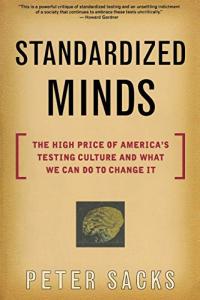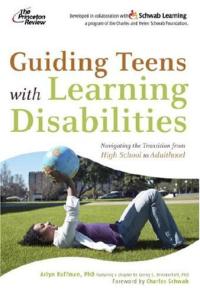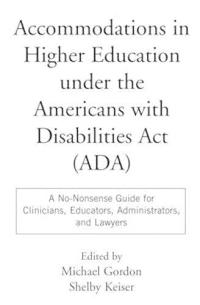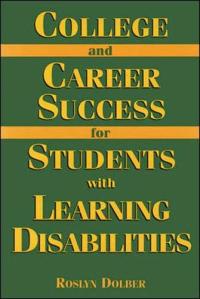
Standardized Minds: The High Price of America’s Testing Culture and What We Can Do to Change It
In the well-researched and compelling Standardized Minds, former journalist and economist Peter Sacks launches an exhaustive attack on the national obsession with testing — and lands a few hits. If you think you’ve heard every argument against standardized tests, think again. Sacks methodically picks away at our feeble attempts to measure the mind, reaching back into the history of testing with unsettling revelations about the creation of the first intelligence test and its many flaws. He deftly illustrates how the belief of inferior cultures motivated the creator of the SAT college entrance exam and takes on all that standardized testing has wrought: ability grouping, gifted programs, state accountability efforts — even the effect on parents whose perceptions of their own children are often shaken by scores on a sheet of paper. Standardized Minds is a persuasive must-read for parents, educators, and lawmakers that challenges our basic assumptions about intelligence and pays homage to the talented minds we may have overlooked in our fervor to rate the human brain.





